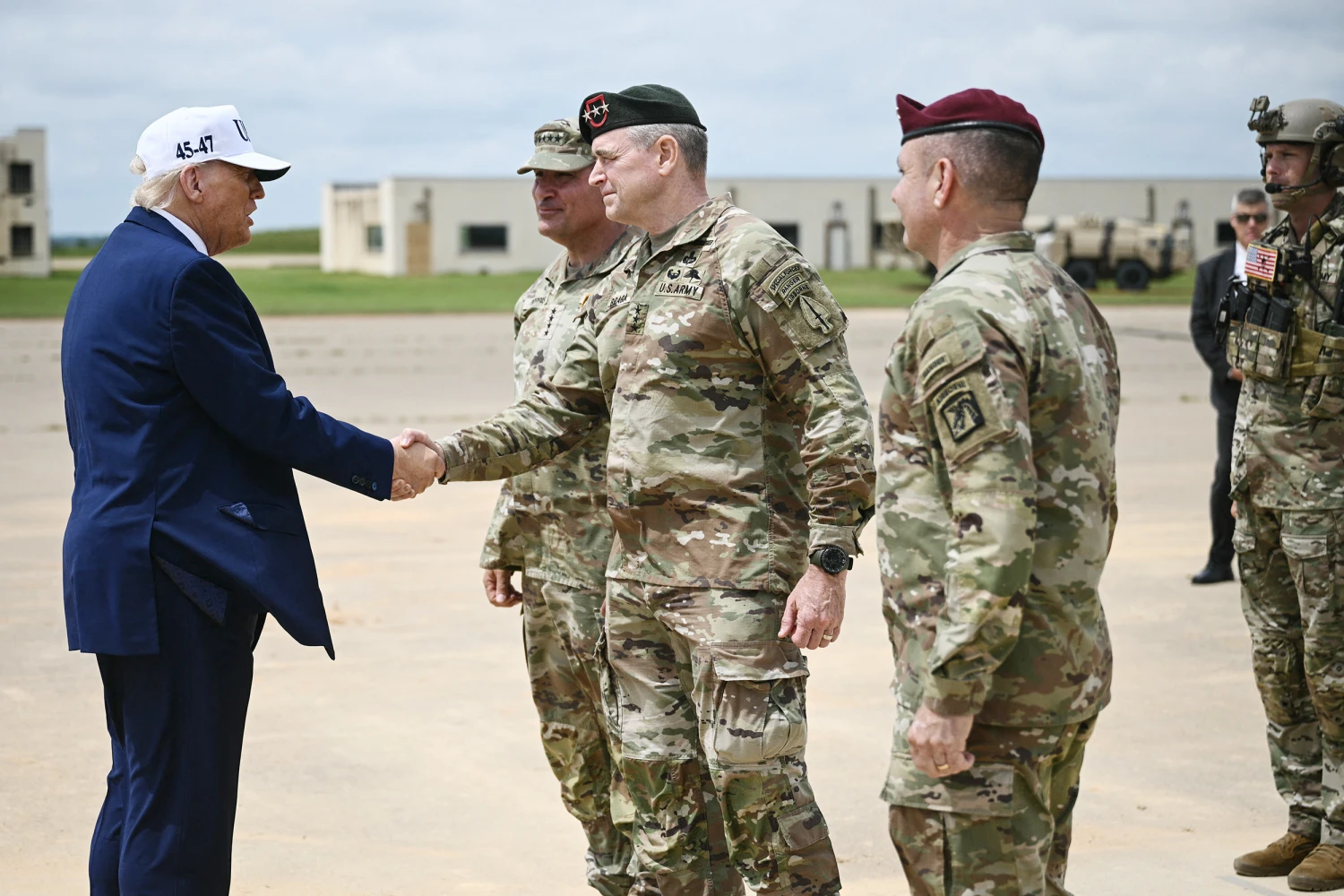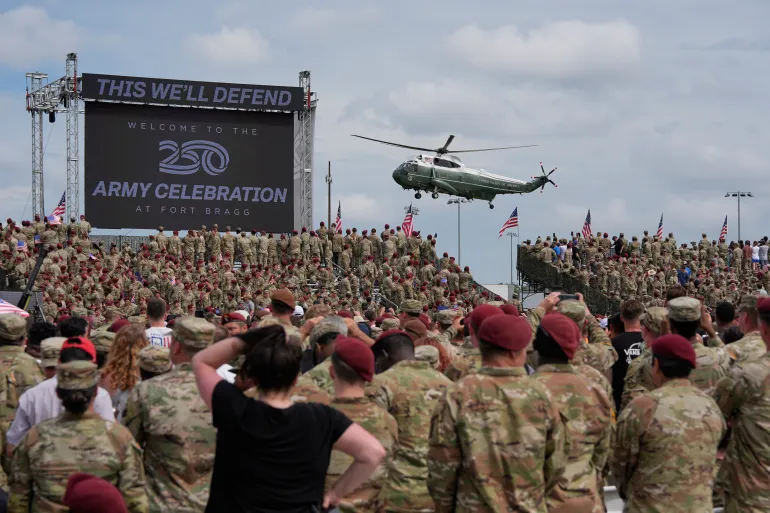Timothy Snyder, a Yale historian who’s spent years warning Americans that Donald Trump is the modern incarnation of Adolf Hitler, has now shifted targets. In a recent post on Substack, Snyder likened the former president not to a Nazi, but to Confederate leader Jefferson Davis.
Why? Because Trump dared to praise U.S. military traditions and push back against the progressive movement’s attempt to reshape historical memory. According to Snyder, Trump’s speech at Fort Bragg wasn’t a celebration of patriotism, it was a “call for civil war.”
The Fort Bragg Controversy

Snyder cited Trump’s decision to reverse the Biden administration’s renaming of Fort Bragg as his first so-called Confederate offense. The base, originally named after Confederate General Braxton Bragg, had been renamed Fort Liberty by the Biden White House as part of an effort to distance the military from Confederate symbols.
Trump reinstated the Fort Bragg name. But he didn’t claim it was to honor a Confederate general. According to Defense Secretary Pete Hegseth, the change was to honor Roland L. Bragg, a World War II paratrooper.
Snyder, however, dismissed that reasoning. He called it a “dishonest pretense” and accused the Trump administration of glorifying “oathbreakers and traitors.”
A Launchpad for Liberty?
Critics of Snyder’s argument point to the fact that Fort Bragg has long been associated with modern military heroism, not with Confederate rebellion. It has been the training ground for elite forces like the 101st Airborne Division, and a symbol of America’s commitment to global freedom.
Trump’s defenders argue that restoring the name Fort Bragg doesn’t rewrite history, it respects the generations of Americans who trained there to fight tyranny abroad. That’s not an endorsement of the Confederacy, they say. It’s a tribute to U.S. soldiers who have defended democracy.
National Guard Deployment Sparks Lee Comparison
But for Snyder, Trump’s most alarming move wasn’t the renaming of a base, it was the deployment of the National Guard to riot-stricken Los Angeles.
According to Snyder, the president is “preparing American soldiers to see themselves as heroes when they undertake operations inside the United States against unarmed people, including their fellow citizens.”
In other words, Snyder believes Trump is laying the groundwork for an authoritarian crackdown, cloaked in patriotic language.
Accusations of Paramilitary Ambitions
In his Substack post, Snyder claimed that Trump’s rhetoric signaled “not patriotism but treason — and the rise of a ‘paramilitary’ regime.”
According to Snyder, Trump is blurring the lines between military loyalty and political ideology, casting American soldiers as tools in a domestic power struggle.
Historical Echoes or Political Spin?

Trump’s camp sees things differently. His 2024 campaign and subsequent administration have pushed back hard against left-wing efforts to purge historical figures and traditions from public life. The restoration of Fort Bragg’s name was, in their eyes, part of a broader effort to preserve national identity and honor military sacrifice.
Snyder’s interpretation, however, reframes these moves as dangerous revisionism rooted not in patriotism but in reactionary myth-making.
A Divided Nation
Snyder closed his post by urging fellow academics to support the No Kings protest movement. He invoked Abraham Lincoln’s Gettysburg Address to condemn Trump’s actions and appeal to the defense of democracy.
And while Snyder often warns of creeping authoritarianism, many of Trump’s supporters view the historian’s rhetoric as part of the problem casting wide swaths of Americans as fascists for valuing national pride and secure borders.
For Trump, the issue isn’t creating division. It’s preserving a version of America where military service is honored, national history is remembered in full, and border security is a core responsibility, not a taboo subject.



